When you get a new puppy, so you decide to make it part of your family, you need to make sure that you have a firm grasp of the basics of dog care so that you will be happy and healthy. Dog care includes feeding, training, exercise, and grooming.
A new puppy is so loving and adorable, and you want to ensure that you take proper care of the new dog and make it a genuine part of your family.
Puppies who have recently left their mother will require special care and attention. You may want to sleep puppy with a hot water bottle and a ticking clock.
Ensure your dog will be comfortable with different situations and environments. I think that socializing with your dog is necessary. To mix your dog, ensure you have met with babies, children, and adult family members. A puppy needs exceptional food, and a vet check to ensure everything is fine.
Puppies are a little bundle of energy, often curious about their surroundings. Puppies are also driven to chew a lot of food because their adult teeth come in, and they may see the doggies’ version of the teething ring, the living room rug, the couch, your favorite pair of shoes, and your hands.
You can also find moist dog food for any teeth problems. If you’re getting a puppy, you need to prepare for responsibility in your life. It would be best if you took the time out of your busy schedule. If your puppy is as playful as he ever was, his needs change. You also make sure to change because of their happiness and mental health.
Choosing Your Puppy’s Food
Your puppy’s diet can make all the difference in its future health and well-being. While searching for your puppy food, consider the quality of the food, including proper nutrition and taste. The food should be healthy for your puppy, and your dog should enjoy eating it.
It’s a good idea to consult your vet about how much and how often to feed your puppy. You can purchase your dog/puppy food from various pet stores or order online; the best part of online purchases is that you can use coupon codes and discount deals that will help you save a couple of bucks on your puppy food budget.
During rapid growth, your puppy’s nutrition needs also rapidly change. Most dogs will begin the adult diet at this age because of their breed and size. Puppies eight to twelve weeks old need four meals a day. As they grow day by day, their meals become fewer.
Feed Multiple Times a Day:
Age 6-12 Weeks: 4 meals per day
Age 3-6 Months: 3 meals per day
Age 6-12 Months: 2 meals per day
After Age 1, feed your dog once or twice a day
Keeping Your Dog Healthy and Vet Check
It would be best to take your dog to the vet to be immunized against the most prevalent canine diseases. Dogs may show signs of gum disease by age four or even as early as 1 of small dogs if you don’t care about their teeth properly. Vaccination is one of the first steps to taking care of your dog’s health.
The routine vaccine also allows your vet’s office to see your puppy every few weeks and monitor its growth and overall health. Puppies are also more susceptible to illness at this age, so they should be kept in a safe and clean environment and scheduled for regular checkups.
Never give your dog medication that the veterinarian has not prescribed. Your vet can help identify any potential health problem early on and advise you on caring for it in the long term. It would be best to use a special toothbrush for dogs to clean your puppy’s teeth or a clean piece of gauze wrapped around your fingers.
Make your toothpaste out of baking soda and water, or you can also buy specially formulated for dogs. Never use toothpaste that’s meant for people.
Dog Supply Checklist:
- Premium-quality dog food and treats
- Food dish
- Water bowl
- Leash
- Dog toothbrush
- Dog bed or box with warm blanket or towel
- Training crate
- Carries (for small dogs)
- Toys, including safe chew toys
House Training Your Dog
Dogs are pack animals, and for the safety and happiness of everyone in the family, they must understand that you are the pack’s leader. Always be firm and fair in your treatment. Give your dog lots of encouragement, and pay attention.
A dog is fully trained from puppyhood with pleasure. You can join the training program with a qualified instructor to ensure your home training is adequately reinforced. Starting early can help your puppy get into a routine.
Your dog will already know what to do as it grows and develops bodily function. By 4 to 6 months, they can usually go anywhere without accidents.
Exercising Your Dog
Regardless of their life stage, be sure your dog gets a penalty for exercise. It will keep them happy and healthy weight. Puppies need healthy exercise to burn off all the energy and channel it into positive behaviors.
Your dog fully grows, so exercise is essential to keep him fit, active, and well-tempered. Healthy adult dogs need at least 30 minutes of aerobic exercise twice a day, including jogging, walking, running, swimming, hiking, and playing at the dog park.
They need to burn their calories and stimulate their mind; exercise also tends to help dogs avoid boredom. Regular exercise for the dog is a must to keep dogs agile and limber, reduce tummy troubles, and improve sleep quality.
Games to Play with Your Dog:
- Chase The Prey
- Hide The Treat
- Fetch
- Tug Of War
- Agility Training
Handling
To carry a puppy or a small dog, place one hand under the dog’s chest with your forearm and the other supporting the legs and rump. Never lift or grab your puppy or small dog by the legs, tail, neck, and forelegs. If you have a significant dog lift under the chest and one from the back.
Grooming
Could you make sure that you buy a dog that suits your lifestyle? Dogs that don’t require a trim every few weeks need some grooming. Grooming includes trimming, brushing the coat, brushing the teeth, trimming his nails, and bathing him. Keep helping your dog clean and reduce shedding with frequent brushing. Before the bath, comb and cut out all the mats from the coat.
Raising a puppy is not easy, but it’s an adventure full of rewards as you develop your bond with your puppy. A lot of patience and a little extra effort will turn your dog into a fun-loving gentleman, making all the effort that goes into his development worthwhile.

 DogExpress
DogExpress

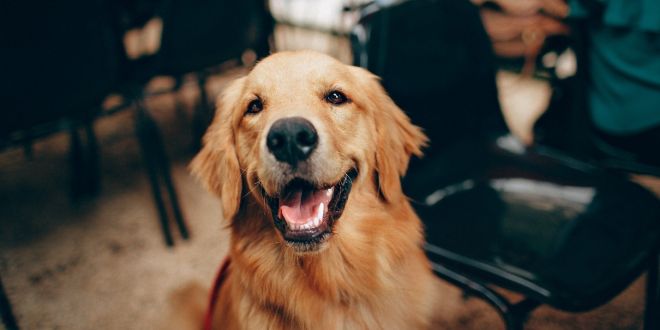
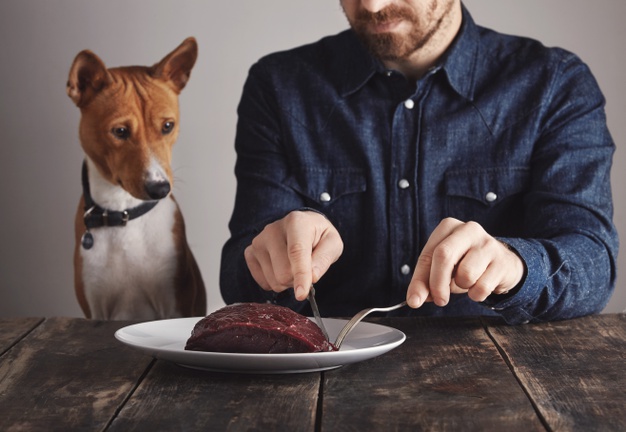
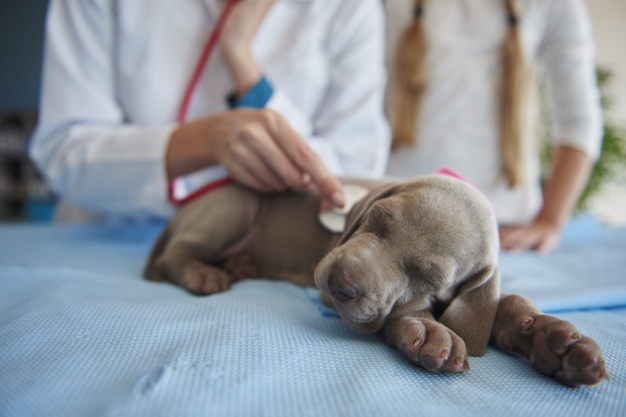
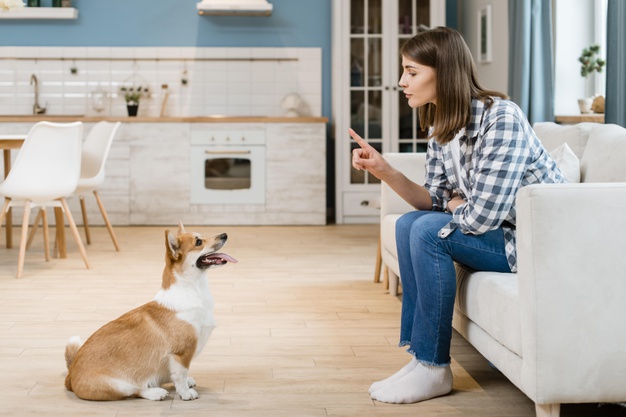
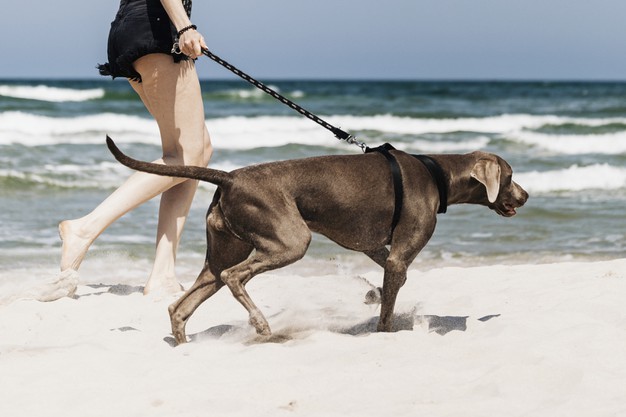
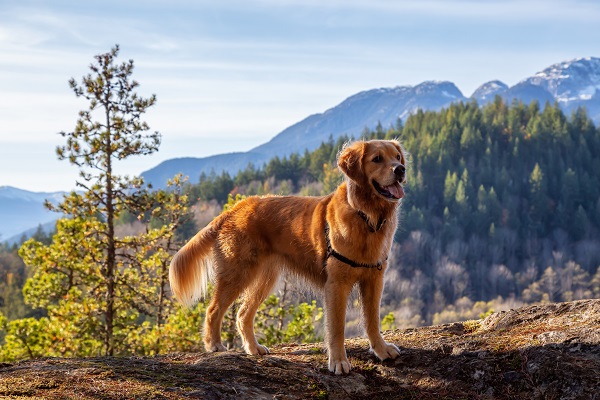
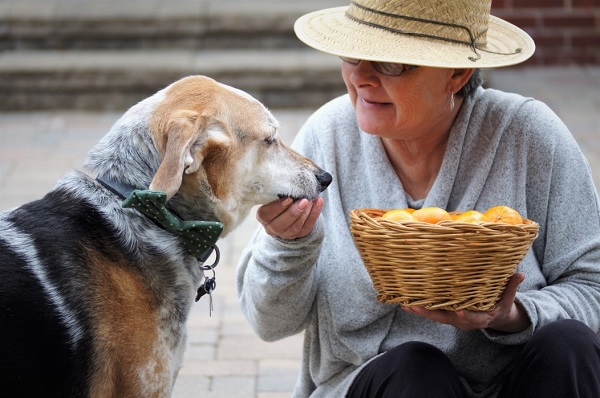

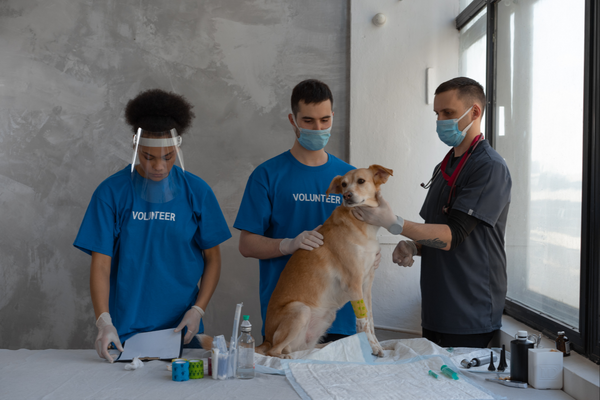












 in Chandigarh, India.
in Chandigarh, India. 
